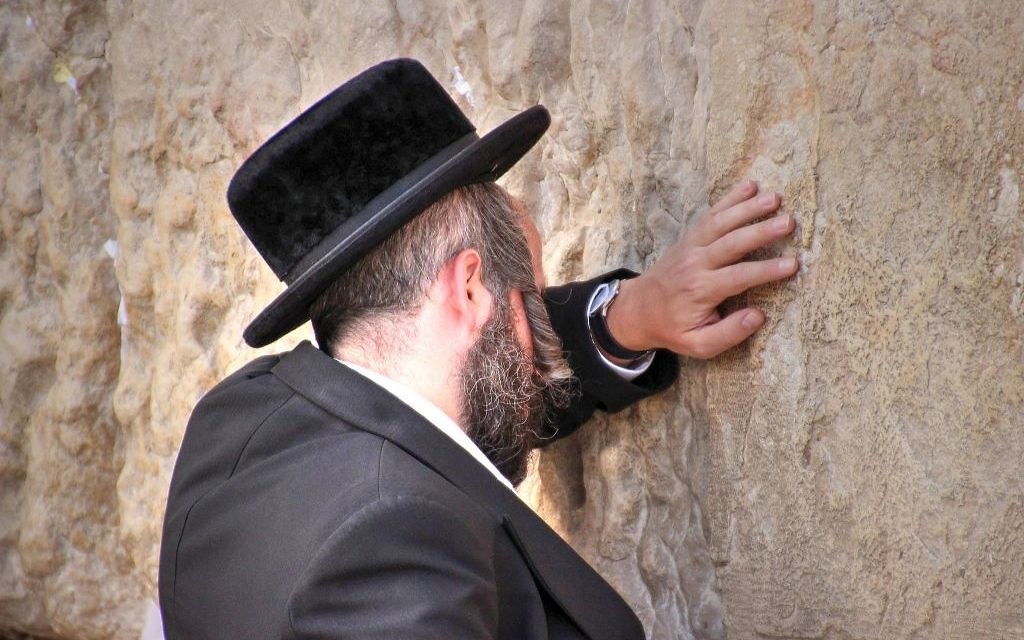The Power of Prayer
Can we pray away our suffering?
My friend had recently become involved with a faith healer. She was inspired by his particular brand of spiritualism.
He helped her connect with the divine spirit, to see the world with new meaning. Then she began following him through the hospital.
Going into the room of a sick person, they would perform rituals and pray. My friend explained that he had a long success rate of being able to cure even the sickest individuals.
Get The AJT Newsletter by email and never miss our top stories Free Sign Up
All sickness was, in his vision of the world, proof of spiritual misalignment. Sincere prayer and repentance would reset the spiritual order and lead to a cure. But if the repentance were insincere or the prayer not fervent enough, the stain of sin, in the form of sickness, would remain.
I pray. In the morning when I wake up. When I put my head down to sleep. Before I eat.
And each week when I make challah, I follow the tradition of generations of Jews who saw in the setting aside of a portion of our bounty a moment of particular grace and potential blessing, and I pray for all those who have asked me to keep their health and the health of their loved ones in mind. Prayer is powerful stuff.
Still, my friend’s description of prayer as a cure-all raised concerns.
“What about those who are not healed?”
“Prayer works,” she assured me, “as long as you are deserving. If it does not work, that means that somewhere, some piece of you, past or present, is not deserving.”
The conversation is one that replayed in my mind recently when I was sending a note to a mother who had lost the second of her two children to cancer.
There is no singular theology that explains all.
But the line of thinking that G-d will save all those who are deserving of being saved and worthy of being cured is dangerously toxic. It suggests that those who are not saved, those who suffer, are deserving of suffering.
Nothing could be further from the truth.
We all know wicked folk who thrive and good people — kind, giving people — who suffer.
This line of thinking is an insult to those who suffer, to those who love them and to G-d.
Who are we to know G-d’s will? Are we so G-d-like that we are entitled to sit in judgment of those who fail to avoid the unavoidable difficulties that litter life’s path?
As a rabbi, I embrace the power of prayer and do not deny that it has the potential to help those in need. But it is a whole other matter to assume that lack of effectiveness is proof of insufficient effort or, worse yet, wickedness.
We have seen people search in vain for an explanation of the challenges small or large that they face. And if the suffering is not punishment in and of itself, it is damaging to be told that you are deserving of your difficulties; that it is your own fault for not living well, not praying better or not caring enough.
Claiming to know the divine will only cruelly compounds unwished-for suffering by adding a moral dimension.
I cannot know G-d’s will or desire, but, as I wrote to the mother grieving the loss of her children, I could only imagine G-d weeping by her side.





comments